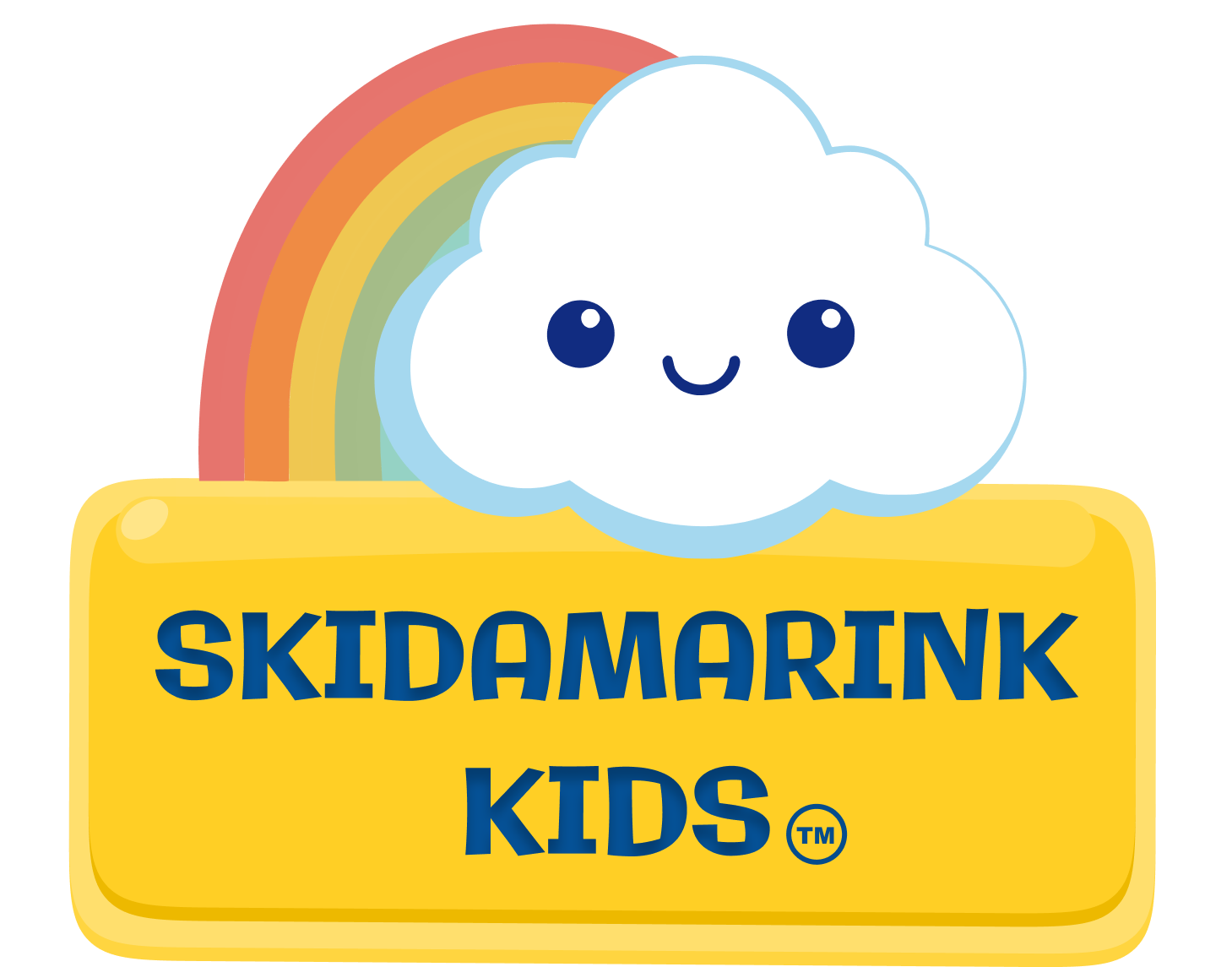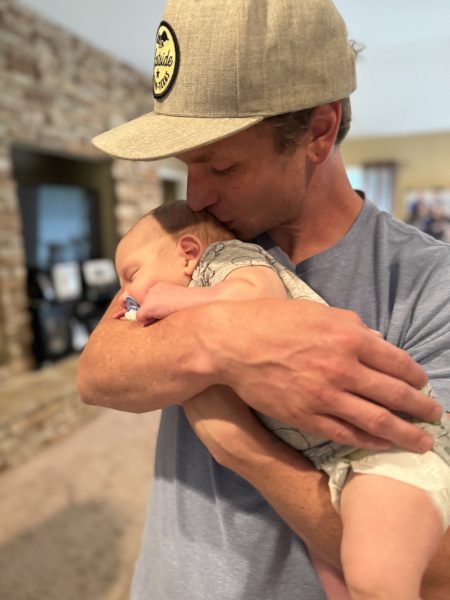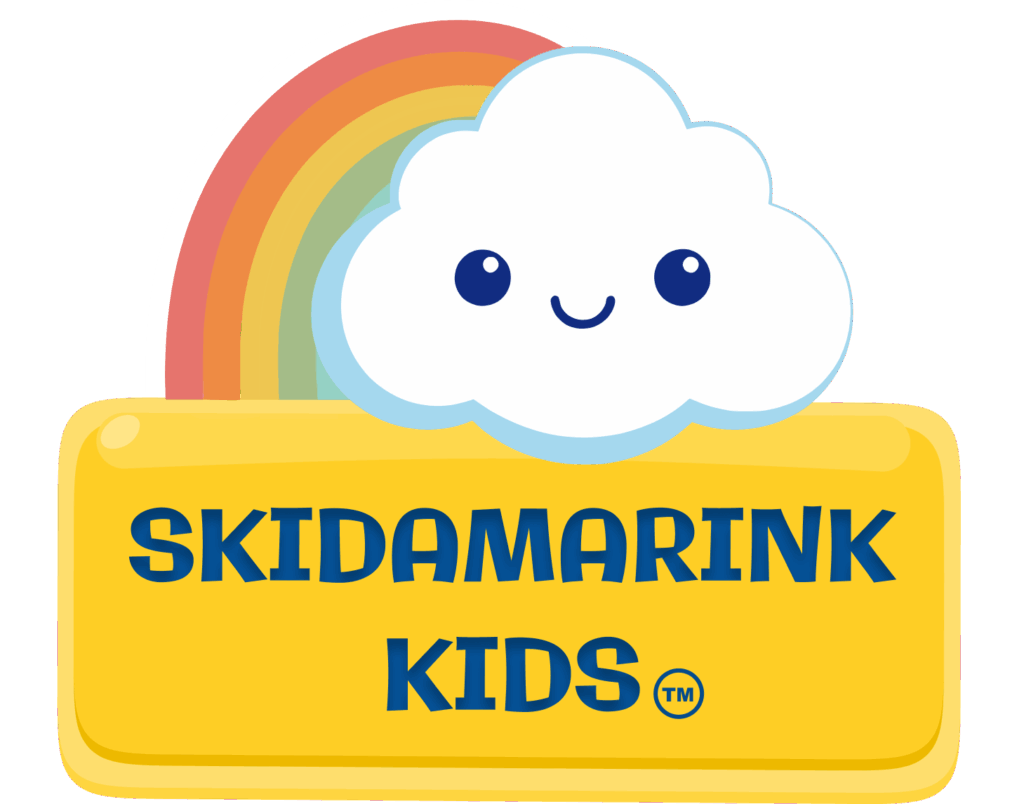The Foundation for Lifelong Security and Confidence
As a new parent, you’re embarking on one of life’s most amazing journeys. You’re forming a deep, lasting bond with your little one, and the relationship you build in these early days will create the emotional foundation your child carries forward throughout their life. Let’s explore how responsive caregiving helps create secure attachment, giving your baby the confidence to explore the world while knowing they have a safe haven to return to.
When we approach responsive caregiving as a precious opportunity, everything shifts. Each time your baby needs you, it’s a chance to show them they matter deeply. This isn’t just about meeting physical needs. You’re nurturing their growing spirit and teaching them about love, safety, and trust. When we see caregiving as a gift rather than a task, our hearts stay open, and our responses become naturally more loving.
Understanding Your Baby's First Language

Long before your baby speaks their first word, they’re communicating with you through little signals and sounds. Those tiny coos, cries, and facial expressions are their way of telling you what they need. When your baby cries and you respond consistently, whether it’s offering comfort, food, or a clean diaper, you’re teaching them something remarkable: “My needs matter, and someone cares enough to meet them.”
Picture your baby waking up hungry in the middle of the night. When you respond to their cries, pick them up, and feed them while offering gentle words of comfort, you’re doing more than just satisfying their hunger. You’re practicing responsive caregiving that sends a powerful message: “I’m here for you, I understand you, and I’ll help you feel better.”
The Beautiful Dance of Connection
Responsive caregiving is like a beautiful dance between parent and child. When your baby smiles and you smile back, when they babble and you respond with gentle words, you’re engaging in a crucial back-and-forth interaction that builds their social and emotional skills. This serve-and-return relationship helps your baby learn that they can affect their world in positive ways.
For example, when your baby reaches for a toy and looks at you, they’re starting a conversation. By acknowledging their interest (“Oh, you want the red block?”) and helping them reach it, you’re not just helping with a task. You’re building their confidence and strengthening your connection through responsive interactions.
Creating Your Baby's Secure Base
When you consistently respond to your baby’s needs with warmth and understanding, you become what attachment experts call a “secure base.” This means your baby feels safe to explore their environment because they trust you’ll be there if they need reassurance. You might notice your crawling baby venture a few feet away to investigate a toy, then turn back to check your presence. That quick glance is them touching base with their safety net, which you’ve created through your consistent care and attention.

The Power of Repair
Here’s something important: being responsive isn’t about being perfect. It’s about being present and genuine. There will be times when you miss your baby’s cues or don’t respond as quickly as you’d like. What matters is the repair. If you’re feeling overwhelmed and take a moment to calm yourself before responding to your crying baby, you can acknowledge this: “Mommy needed a minute to take a deep breath. Now I’m here for you.” This honesty builds trust.
Daily Opportunities for Responsive Caregiving
Every day offers countless chances to strengthen your bond through responsive caregiving.
During diaper changes: Make eye contact and talk gently about what you’re doing. This routine care becomes a moment of connection.
When your baby is upset: Hold them close and validate their feelings. “You’re feeling sad right now. It’s okay, I’m here with you.” This models emotional understanding and teaches them about feelings.
During playtime: Follow their lead. If they show interest in a particular toy or activity, join in their fascination and talk about what they’re discovering. This supports their natural curiosity.
At feeding time: Watch for their hunger and fullness cues. Responding to these signals builds trust and healthy eating patterns.
During bedtime routines: Create predictable, soothing patterns that respond to their need for security. This consistent care helps them feel safe.
The Lasting Benefits of Responsive Caregiving
The secure attachment you build through responsive caregiving has amazing long-term benefits. Research shows that children who experience consistent responsive care tend to develop stronger confidence and emotional regulation skills because they learned their feelings matter. These children form healthier relationships later in life because they learned what healthy connection looks like. Greater resilience when facing challenges emerges because you built their inner strength. More confidence in exploring and learning develops because you created a secure foundation.
Building Your Responsive Caregiving Skills

Learning to be responsive is a journey, not a destination. Some days you’ll feel like you’re reading your baby’s cues perfectly. Other days you might feel confused about what they need. This is completely normal! It gets easier with practice.
Start by simply paying attention to your baby’s signals. Are they turning toward you or away? Notice whether their movements are smooth or jerky. Listen to whether they’re making sounds of contentment or distress. These observations form the foundation of understanding your baby.
Trust your instincts as you develop these skills. You already have the most important tools you need: your attention, your love, and your desire to understand and respond to your baby’s needs. With time and practice, this will become your natural way of connecting with your little one.
The Heart of Connection
Building secure attachment through responsive caregiving isn’t about achieving perfection. It’s about creating a pattern of loving responsiveness that your child can count on. Every small moment of attention, every gentle response, and every loving interaction contributes to this foundation of security that will serve your child throughout their life.
When you practice responsive caregiving, you’re not just meeting immediate needs. You’re teaching your child that they’re worthy of love and attention. You’re showing them that relationships can be trusted and that they have the power to connect with others in meaningful ways.
The beautiful thing is that this benefits you too. As you tune into your baby’s needs and respond with love, you’re building your confidence as a parent and deepening the bond between you. Each successful interaction reinforces your growing skills and strengthens your connection.
Remember that this is both a skill and a heart approach. The technical aspects matter, but the love behind your responses matters even more. Your baby doesn’t need perfect technique. They need your genuine care and consistent presence, which is what truly matters.
Want to learn more about building connection? Check out our guide on How to Build Secure Attachment With Your Baby (Birth – 36 months
for more insights on creating strong bonds through daily interactions and How to Read Baby Cues: What Your Baby Is Telling You better understand your baby’s signals.
– Ali
Note to Parents
This blog is for informational purposes and not medical advice. My desire is to help you do what you can to support your child’s development in a natural way. Please reach out to your child’s pediatrician if you have developmental concerns.








